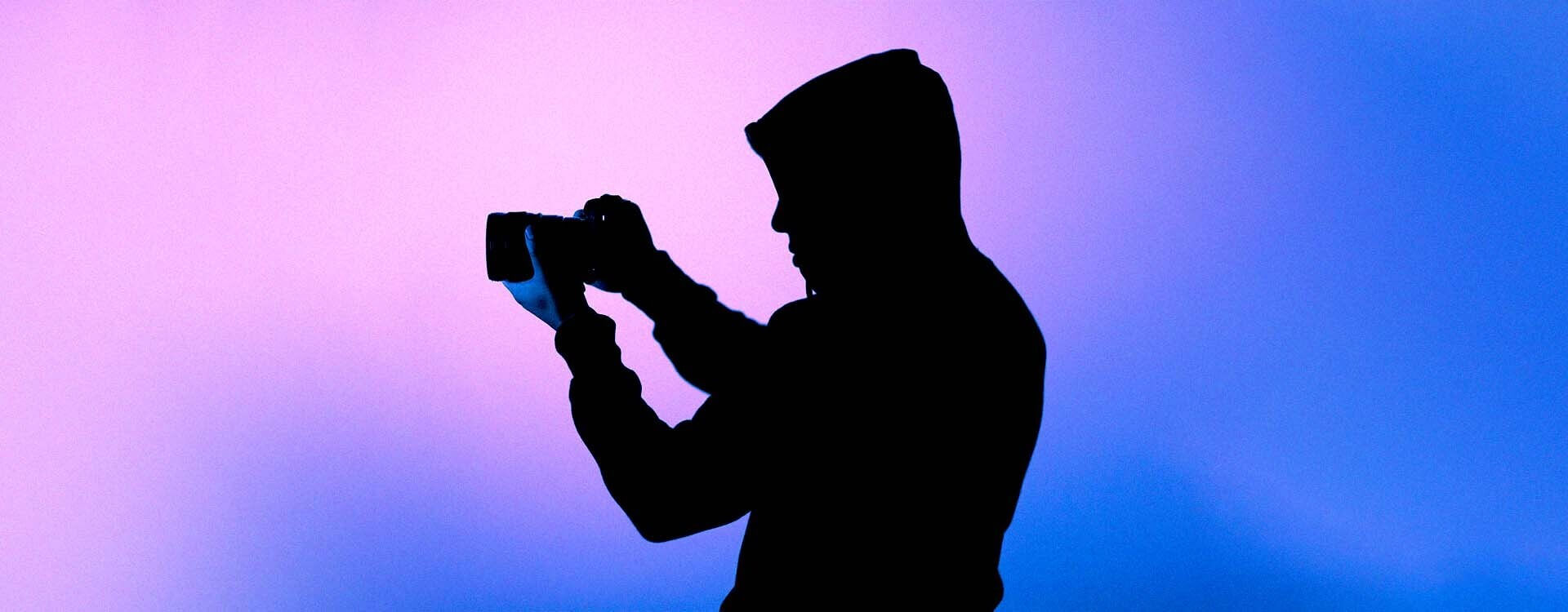Highlights
Table of Contents
Explore article topics
How to choose a video camera? For beginners, this may just be the hardest question of the lot. In fact, not even for beginners—just creators in general! Previously I’ve mentioned how this is a “golden era” for filmmakers and one consequence of that is the dizzying array of choices.
With so much out there, it can be a very confusing business to choose a digital camera and knowing what to look for in a digital camera.
Fear not, though; we’re here to help. In this article, I’ll be breaking down everything you need to know about how to choose a video camera and, in particular, the factors that make a good video camera for beginners.
How digital cameras work
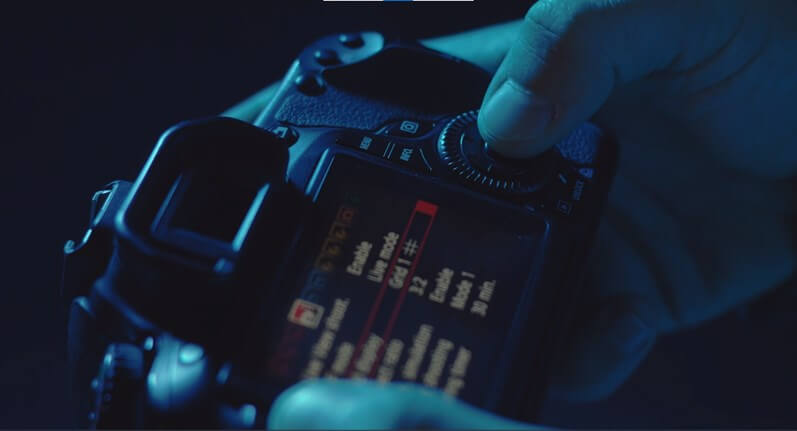
Before anything else, it’s a good idea to understand exactly how digital cameras work. The basic premise is this:
Light passes through your lens and onto a sensor inside the body of your digital camera. This sensor is made up of a grid of tiny photosites that are sensitive to light. These photosites are called “pixels” and they record how the light hits them, processing it into data that results in the image you see on your screen.
For more in-depth reads on mastering how to work a video camera, I recommend the following articles:
Think about what you need
It can be really fun when you’re shopping and browsing for different types of video cameras but hold on for a few moments. First, in order to narrow down your options and hone in on choosing the right video camera for you, you need to think about what you’ll be using it for. Are you going to be shooting a lot of outdoor adventures? Is this camera going to be for your new wedding videography business? Are you starting a YouTube channel?
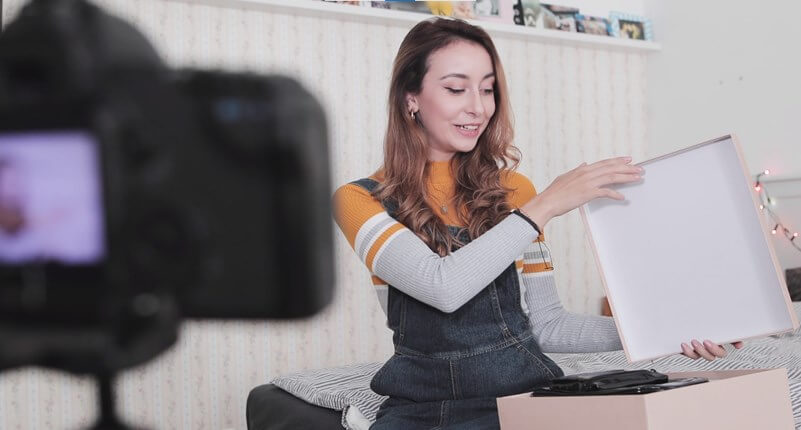
All of these activities require different ways of shooting and naturally, some cameras will be better suited to certain areas than others. So, take your time and identify what it is you want to use this camera for.
For example, if you’re looking at becoming a full-time YouTuber, your list of needs may look something like this:
- Needs a flip screen so I can film myself
- Needs good autofocus
- Small and compact so that I don’t draw attention to myself and can travel with it easily
- Small file sizes for on-the-go editing
Wedding videography? My list might prioritize this:
- Double card slots. If one card fails, there’s a backup.
- Long battery life
- Access to good, quality lenses (particularly telephoto lenses)
- Good in-house stabilization
- Can take great stills too
Identify what it is you want to do and then build a checklist like this. This is how to choose a video camera.
Some of the must-haves
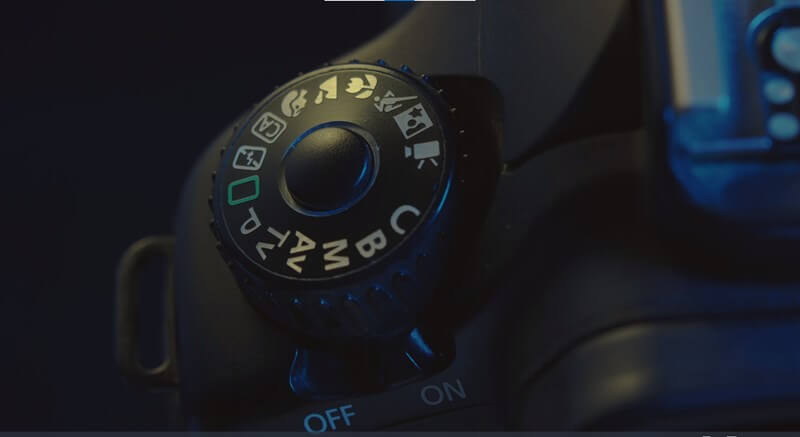
Having just written the above, here are what I would call the absolute must-haves—the basics that you don’t want to miss out on:
- The ability to film in 1080p – this is a must. Don’t settle for anything less than this. You want your footage to be recorded in full HD. 4K would be an even better benchmark to set.
- In-house stabilization – while tripods can be useful, I find it more and more necessary to ensure the cameras I use have some sort of satisfactory in-house stabilization. You want to be shooting nice, smooth footage even without the aid of a gimbal or a video tripod.
- A big sensor is a win – we’ve talked extensively about DSLR vs Mirrorless camera systems, but the bottom line is that you want a sensor that performs well in low-light conditions.
- A good quality in-house microphone – ideally, you’ll want to buy an external mic that can be plugged in but it’s always nice to have good quality audio straight out of the camera.
- Comes with a kit lens included – if your basic digital camera comes with a kit lens, that’s a win in my opinion. It’s ready to start shooting straight out of the box and the lens will be something that’s more than capable of fulfilling your needs in those early stages.
Be patient and do your research
Sorry. It’s boring advice—the type your parents might give—but it’s true. Be patient, take your time and do your research. Armed with the knowledge of what you’ll be needing the camera for and consequently what you need that camera to have, you can really hone in on choosing a digital camera. Here are some of the best ways to go about this:
- YouTube – your most powerful tool. Whatever camera you’re thinking of buying or whatever filming scenario you’ll be utilizing it for, there are plenty of great videos and reviews on YouTube, such as DSLR Shooter.
- These reviews give you fantastic insight and knowledge from experts who have been using the cameras day in, day out and know what they’re talking about. It also helps you to get a good idea of what the camera looks like and the footage it’s capable of producing.
- Read reviews – similarly to YouTube, there are countless reviews of different camera systems out there. For example, I’ve written some right here at Artlist, comparing the Sony FX3 vs. A7siii.
- Talk with fellow creators – going one step further than watching an expert on YouTube, why not talk with your friends and peers in the industry. Ask them for advice – what to look for in a digital camera, the different types of digital cameras, what would they recommend when choosing a digital camera? Getting advice from people you trust and know is really helpful when it comes to making a big investment like this.
Don’t break the bank
Did somebody say big investment? When looking through all the different types of digital cameras you might be shocked at the price tags. Breaking the bank and spending far too much money is the single biggest mistake I see beginners make when selecting their first camera.
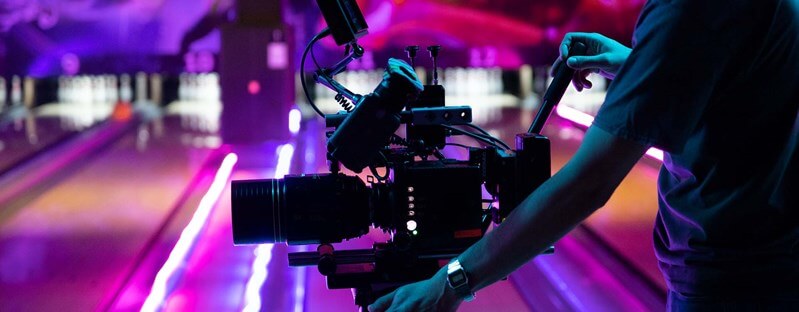
You need to remember that you’re looking for a good video camera for beginners, not a cinema camera for a seasoned cinematographer. When looking at how to choose a video camera, it can be easy to think that if you spend more money, your camera will be better. This rule is sometimes true, but not always.
Put it this way—if you spend $3,000 on an amazing camera that does EVERYTHING, but you don’t know how to use it, and it’s far too complicated, then what’s the point? You’ll spend far too much time struggling with learning the system and just trying to make it work rather than focusing on getting better at the art of filmmaking and telling a good story.
In my opinion, you are far better off spending less on a basic digital camera that’s genuinely aimed at beginners—something that gets the job done while remaining simple and easy enough to learn relatively quickly.
Get all you need to create the perfect video
Leading brands
So, what are good video cameras for beginners? Hopefully, this article has led you a little closer to the answer that’s right for you. In future articles, I’ll be taking a look at the different types of cameras out there and specific options for beginners, but here’s a quick glance at some of the brands I would recommend researching:
Canon
image via https://global.canon/
Canon has been around forever, it seems. They’re one of the godfathers of cameras, and you know you can always rely on their products. They’re consistent in their overall performance, have a world-class array of lenses and plenty of different types of digital cameras that suit all needs.
Nikon
My first camera was a Nikon D5200! Although I’ve found the brand more suited to photographers and certainly better performing in this area, I still think there are some fantastic video options available. And our good friend Sam Newton always recommends them!
Sony
Sony is, in my opinion, leading the pack at the moment. They’re really on the cutting edge of the mirrorless camera movement and it’s hard to fault them. Of course, the price reflects this. You’ve been warned!
Panasonic
Panasonic is particularly adept in the video camera department. They often go toe to toe with Canon and Sony while beating them on price. I currently have a Panasonic GH5 and it’s the best camera I’ve ever owned. They’re well worth checking out.
Wrapping up
So, that’s a look at how to choose a video camera for beginners. It isn’t an easy task, but it’s an exciting first step in your filmmaking journey. There are so many different types of digital cameras out there and it can be very confusing and overwhelming when starting out, but using the advice outlined here and identifying exactly what to look for in a digital camera, you can be sure that you’ll find the right fit for you.
Keep your eye out for future articles where we explore the different types of cameras for beginners and specific recommendations for good video cameras for beginners.
Happy hunting!
Josh Edwards is an accomplished filmmaker, industry writing veteran, storyteller based in Indonesia (by way of the UK), and industry writer in the Blade Ronner Media Writing Collective. He's passionate about travel and documents adventures and stories through his films.
Share this article
Did you find this article useful?
Related Posts
Latest Posts
- 25 Apr
- By Josh Edwards
- 4 MIN READ
